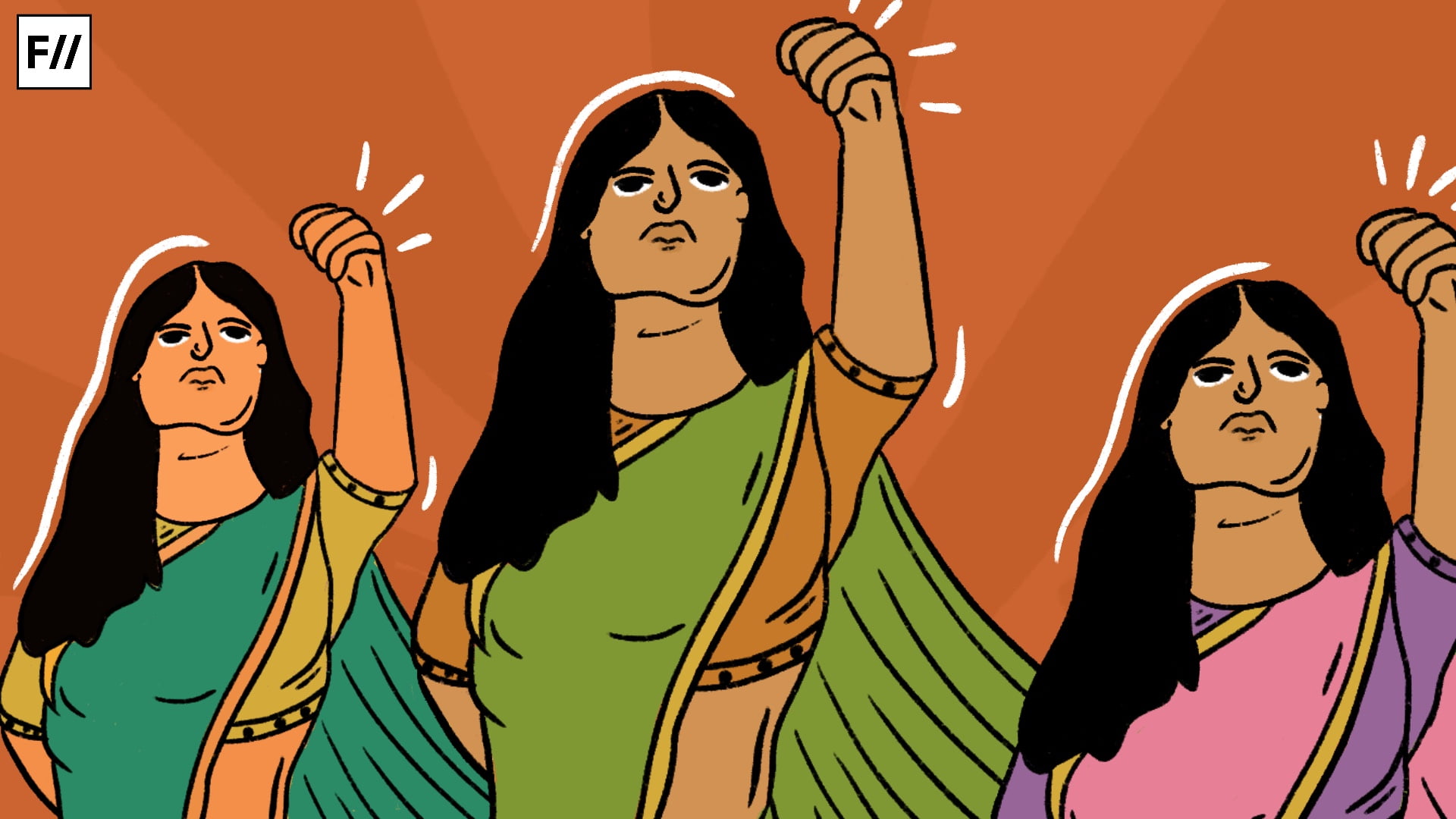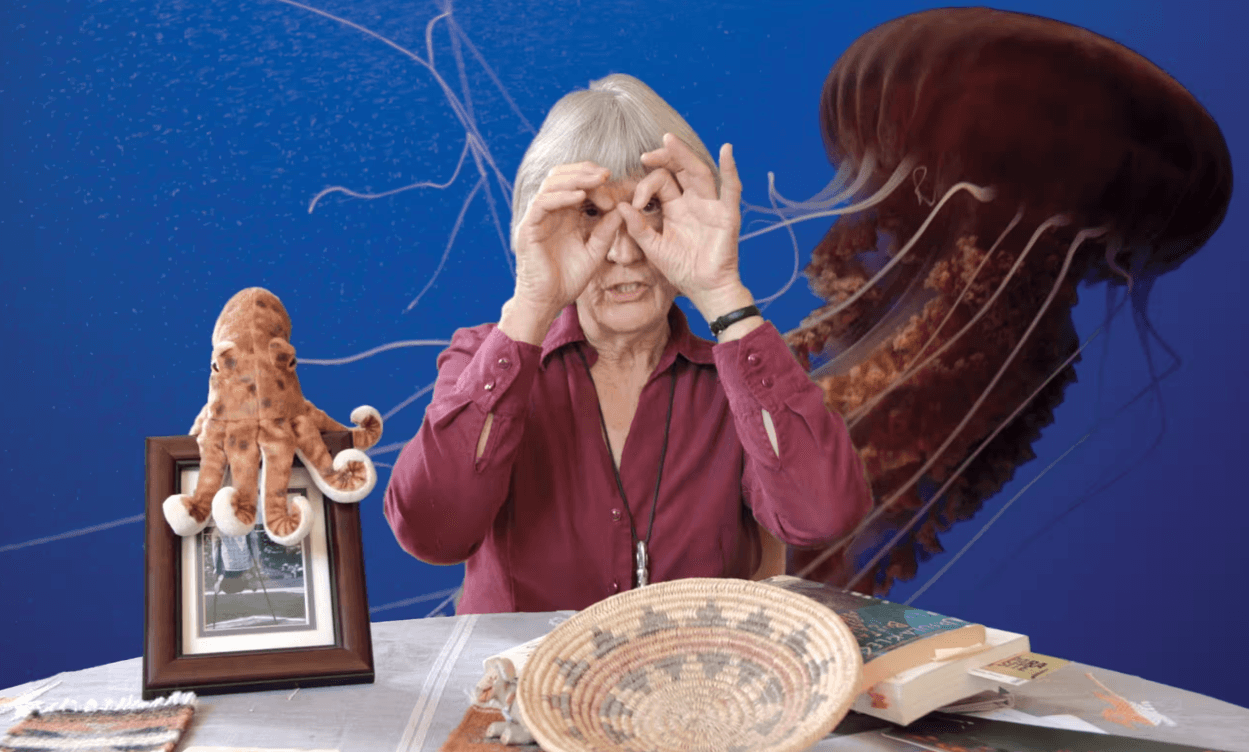“I hate saying this, but sometimes, I prefer hanging out with guys because they don’t care about how you look or that you’ve put on weight.”
One of my close friends said this to me out of sheer anger and exasperation. I knew exactly what was wrong with the sentence the moment I had heard it, but I gave her the space to unpack it after her anger dissipated. It was situational anger. After a while, we discussed it in further detail and came to the conclusion that her statement was simply a product of her anger towards a particular person, who happened to be a woman. This is not the first time I’ve come across blanket statements like these, and I know it’s not going to be the last. But moments like these make me realise how complicated and never-ending the task of practising feminism is – and it can be exhausting.
Identifying as a feminist is simply the beginning of things. Because feminism is intrinsically linked with oppressive power structures that prevail in society, being a feminist entails practice – unlearning and learning, and applying that knowledge in one’s everyday life. Like any other person who has had a feminist awakening, mine also involved unlearning a great deal of prejudices and opinions I held – both against men and other women.
Over the years, reading and watching more work around feminism sharpened my own notion of it and pushed me to think harder about my own oppression and also my power in terms of caste and class. Seeing the world from a feminist lens made me realize that to be a feminist is to practice feminism unfailingly, every single day.
While it makes complete sense that women in no way are obliged to explain their oppression to anyone, it’s not as black-and-white in practice.
The conversation I had with my then angry friend is one of the many I’ve had with most people in my life. Casually sexist statements, relying on sexist tropes to make jokes, and ideological issues with some – fighting such things on a regular basis takes a toll. This is why having feminist friends is a blessing – they understand. They get the irritation with misogyny masquerading as benign statements, the anxiety that comes with talking about or reliving traumatic experiences, and the workings of power structures in everyday life that a lot of people might be privy to.
Also read: This Angry Feminist Isn’t Going To “Calm Down”
One random conversation with my friends concluded with us unanimously agreeing that all our experiences boil down to one thing – providing emotional labour for the people around us. Be it taking some time out to explain the sexist/casteist/ableist/classist nature of their words/statements/jokes, explaining our trauma to people, making efforts to show that we don’t support someone because of their problematic stance on things like caste/race/gender – we inevitably become a part of constant negotiations with ourselves and the existing structures because of our feminism. And it’s not always a pretty picture.
From analyzing women’s invisibilized work to the assertion that women don’t have to explain their oppression to men who don’t bother to learn about it themselves, emotional labour happens to be the bane of a feminist’s existence. While it makes complete sense that women in no way are obliged to explain their oppression to anyone, it’s not as black-and-white in practice, specifically in personal relationships.
For example, the statement my friend made is not something I could ignore – I knew it didn’t come from a toxic place, but it was said nonetheless. I couldn’t excuse her. I took it upon me to unpack the statement so she knew where it came from. I performed emotional labour for the sake of my friendship, and that is as valid a thing to do as any. It’s the ultimate dilemma – practising feminism means swinging between the utopia you want and the reality in which you exist.
My aim is to be in a world where my friend wouldn’t resort to sexist generalisations, but how much of it can I achieve by ending my friendship with her over it, especially when I know it didn’t come from a harmful place? Of course, the situation is different when it’s more heavily loaded – if a close male friend were accused of harassment by a woman, my duty as a feminist would be to believe the woman till my friend proved himself to be innocent.
My feminist utopia here is to not be in a situation like this at all, but my lived reality is that such a situation has arisen, and it requires me to take a stance that would ultimately take me one step closer to my utopia – and that involves the possibility of losing a friend. Performing emotional labour is something feminists can’t escape, because completely withdrawing from it can pull them away from the world they have imagined for themselves and for others. Not to mention how lonely it would get if they gave up on every single relationship that wasn’t feminist from the word go.
My aim is to be in a world where my friend wouldn’t resort to sexist generalisations. but how much of it can I achieve by ending my friendship with her over it?
In late 2017, popular comedian Louis C.K. was accused of sexual misconduct by 5 women, which he later confirmed was true. Sarah Silverman, another popular comedian who was known to be one of his closest friends, addressed the issue in her show I Love You, America in an emotional monologue. Some of the things she said were:
“…some of our heroes will be taken down, and we will discover bad things about people we like, or in some cases, people we love.”
“I could couch this with heartwarming stories of our friendship and what a great dad he is, but that’s totally irrelevant, isn’t it? Yes, it is.”
In her interview with GQ magazine in 2018, she revealed that she was still in touch with him and still considered him a ‘brother’ despite the incident. Some of the things she said were:
“I have compassion. There are people that just deny everything they’re accused of and they continue to be the politicians or the filmmakers that they are. And there are people that come and say, I’m guilty of these things, and I’m wrong, and I want to be changed from this. And yet those are the ones that kind of are excommunicated forever. He’s my brother, so it’s hard. I may not have a very clear perspective on it, but I’m trying to.”
“I think that there are people who were caught and there were people who were not caught, but the important thing is that they are forever changed. And if that’s the case, I don’t see any reason why they can’t continue being artists. Now, whether they’re popular artists or not is up to the audience.”
Silverman addressing the issue was important because of their highly public friendship. While her initial statement was a significant step in the larger scheme of things (the #MeToo movement in full swing after accusations against Harvey Weinstein), her GQ interview was more personal and, naturally, controversial. She was called out for supporting CK (and, in the same line of thought, Aziz Ansari) because it was particularly surprising when her own sister, Laura Silverman, came out in support (as a ‘character witness’) of the women who had accused CK by stating that she had experienced the same thing after she had briefly dated him. Laura made it clear, however, that she did not feel like a victim and that she did not feel that it was criminal at the time; she thought it was “compulsive, rude, and gross”.
There’s no denying that Sarah Silverman’s GQ interview is controversial and debatable, more so in the context of her sister. But I would like to strip this conversation off its rightness or wrongness. There can be endless debates about the nature of her statements, which absolutely should not be discounted, but what we don’t acknowledge is that Silverman, still a feminist, is more than just a comedian declaring where she stands. She is a woman trying to find her way between her utopia and reality; she is a person grappling with the messiness of her relationship with CK, which was not her fault to begin with. Just like any grave situation feminists are often put in, she is someone trying to question whether there is only one stand she can take, and that is difficult because there is always something at stake – her own beliefs being one of them. After all, the personal is political.
The line between knowing when to perform emotional labour and when to let go is blurry. This is why feminist solidarity is so important – fighting the patriarchy is not an easy feat to accomplish, and it can’t be done overnight or alone. There are going to be several moments when people might say the ‘wrong’ thing, and the person might be a friend or a partner, or it could even be us. Till then, the only answer is to pick our battles – going through with them as long as it doesn’t hinder our peace of mind. After all, we’re existing amidst the several structures that are built to oppress us, and one way to break them is by being kind and forgiving towards ourselves.
Also read: Is There A Margin Of Error For Young Feminists Today?
I can’t help but mull over one of the things Silverman said in her GQ interview: “People are very sure about what is right and wrong until it comes to their front door.”
About the author(s)
Kanksha is a graduate in gender, culture, and development studies. An aspiring writer, she loves talking feminism, food, body positivity, and TV series.





Omg this is so relatable. ?
Very well written Kanksha.